After fifteen years managing storage facilities, I’ve learned one hard truth the expensive way – fires don’t care about your sentimental attachments or how much something costs. That antique dresser from your grandmother? Those childhood photos? Business inventory? All can turn to ash in minutes if you’re not careful.
Let me share what I’ve seen work (and fail) when it comes to fire safety in storage units. This isn’t corporate policy nonsense – it’s real talk from someone who’s dealt with actual storage fires.
The Reality of Storage Unit Fires
Most people think “it won’t happen to me” until it does. Here’s what you need to understand:
- Fires spread FAST in storage facilities – All those tightly packed units act like kindling.
- Smoke damage often ruins more than flames – That lingering smell never really comes out.
- Your neighbor’s stuff can burn down yours – Even if you stored everything perfectly.
Choosing a Safe Facility: What Really Matters?
When touring facilities, don’t just look at prices – inspect these critical elements:
- Construction Materials
- Concrete walls between units? Good.
- Metal framing? Better than wood.
- Fire-rated doors? Essential.
- Fire Prevention Systems
- Are sprinklers visibly maintained?
- Smoke detectors in every hallway?
- Clearly marked fire extinguishers?
- Staff Training
- Ask when employees last had fire drill training.
- See if they know where emergency shutoffs are.
- Watch how they handle prohibited items.
At County Line Storage, we conduct surprise fire drills monthly because complacency kills.
What You Should Never Store (No Exceptions)
I’ve had to call the fire department for:
- Car batteries that leaked and sparked.
- “Empty” gasoline cans that weren’t actually empty.
- Old electronics that spontaneously combusted.
- That one guy who tried storing fireworks (yes, really).
If it can explode, leak, or catch fire on its own, it doesn’t belong in storage. Period.
Smart Packing Tricks Most People Ignore
After sorting through fire-damaged units, here’s what survives best:
- Plastic bins beat cardboard every time.
- Metal shelving keeps items off the floor where water collects.
- Fireproof document bags for important papers.
- Photos of everything for insurance claims.
Pro tip: Store your most valuable items toward the back and low to the ground – heat rises.
The Insurance Talk You Need to Hear
Here’s the uncomfortable truth most storage places won’t tell you:
- Their insurance covers THEIR building, not YOUR stuff.
- Your homeowner’s policy likely has tiny off-premises coverage.
- Deductibles often make small claims pointless.
We offer affordable storage insurance because we’ve seen too many people lose everything. $15/month is cheap compared to replacing your life’s belongings.
What Makes Our Facility Different
After witnessing multiple storage place fires, we implemented:
- Thermal cameras that detect heat before smoke appears.
- Concrete firewalls between every unit.
- 24/7 live monitoring (not just cameras).
- Monthly staff fire drills with local firefighters.
We’ll gladly show you our safety features – no corporate BS, just real protection for your belongings.
Your Fire Safety Checklist
Before storing:
- Tour facilities at different times to see real conditions.
- Ask to see maintenance records for fire systems.
- Verify what’s actually prohibited (many places don’t enforce).
While storing:
- Never use extension cords in your unit.
- Report any strange smells immediately.
- Keep aisles completely clear.
Remember: The few minutes you spend being careful now could save everything you’ve stored. At County Line Storage, we’re not just renting space – we’re protecting what matters to you. Come see the difference real safety measures make.

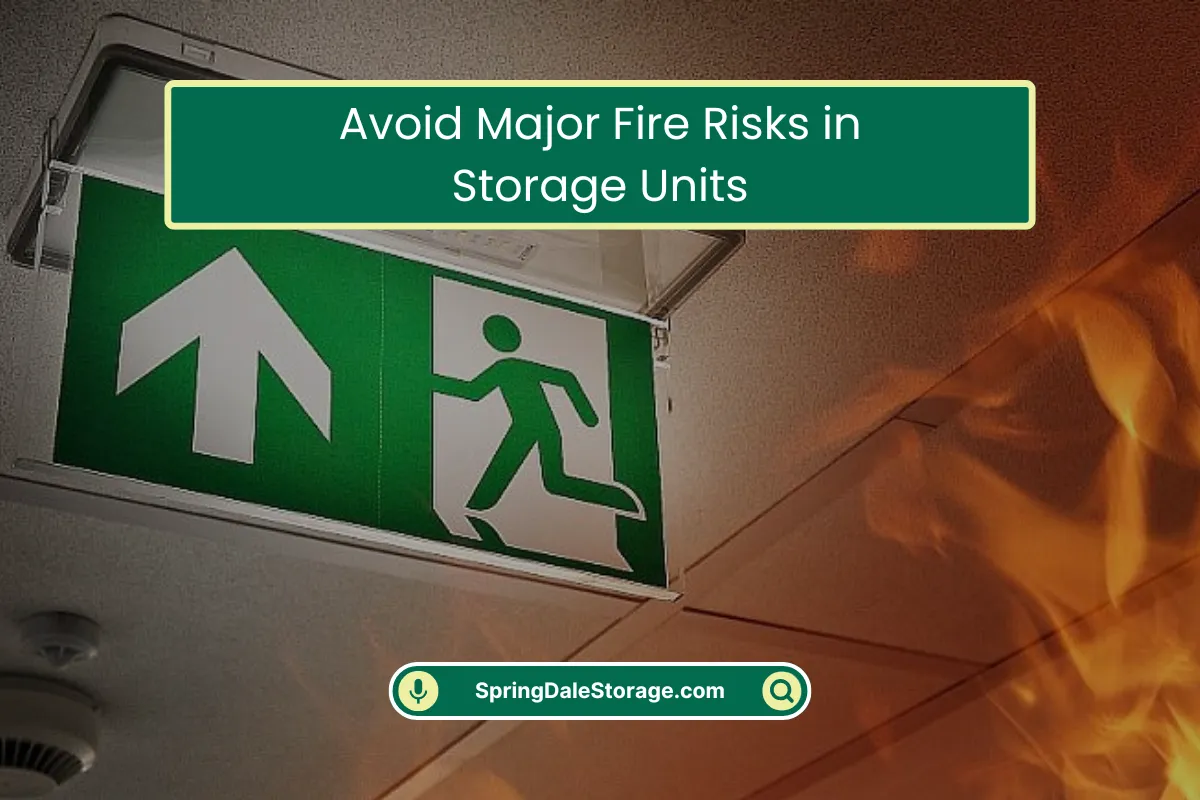

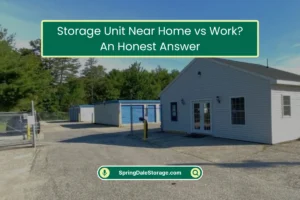
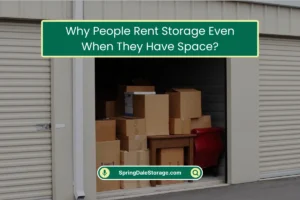
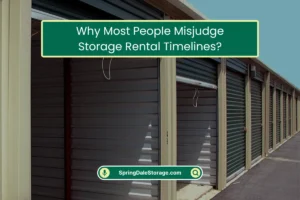
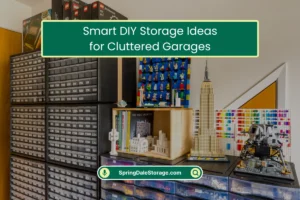
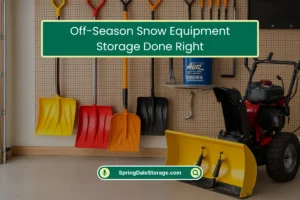
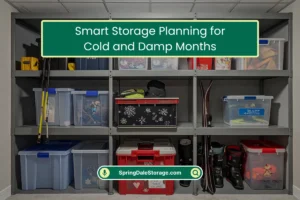
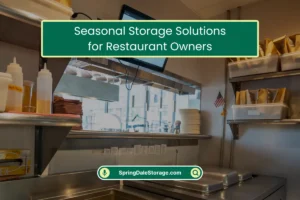
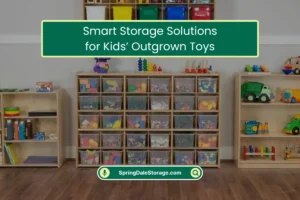
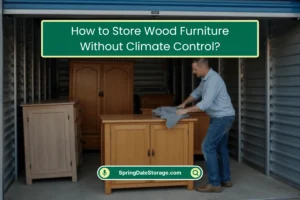

0 Comments